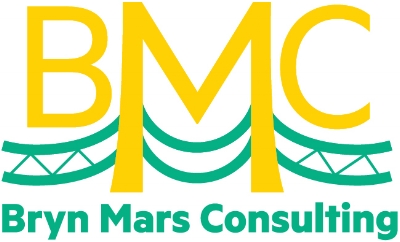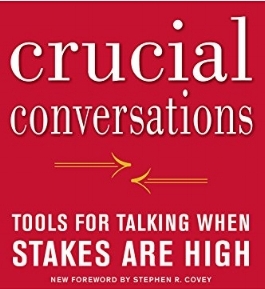The Need for Resiliency
At the end of the COVID-19 pandemic, and there will be an end, which family enterprises will come out the least scathed? Your default response may likely be – those who are the wealthiest. Those who CAN stand to lose a lot, and still recover. But that is only one, very small, piece of the puzzle. The truth is, the families who will recover the fastest are the ones who are the most resilient. The ones who have policies in place to allow for quick decision making, who utilize the human capital of the family, family office/business, and trusted advisors. The ones that have learned to adapt to the pace of our era, who lean in and lean on their next-generation for assistance and guidance. The ones who focus on generosity, and helping others during this trying time. These are the families that will recover the quickest.
Resilience is a learned skill. One that, at Relative Solutions, we define as, “the capacity of any system, organization, or individual to absorb disturbances, positive or negative, without impacting the nature of the entity.” It is the phrases “absorb disturbances,” and “nature of the entity,” that are important here. The novel coronavirus is a huge disturbance. Both in its social and financial impact on the world economy. It is a disturbance we haven’t seen the likes of in the modern era, and one that will have lasting effects yet to be determined. But a family enterprise that knows and understands the nature of who they are, what they stand for, their values and legacy – that family enterprise can and will recover their nature, no matter what the consequences of COVID-19 has on the world.
Many individuals, families, and family enterprises are scared of the deep financial impact of this virus. But the focus absolutely cannot and should not be solely financial. Though it may not seem obvious, now is the time to focus on family communication and decision making. On ensuring policies are in place to keep the family focused, so that no rash decisions are made. Now is the time to share information with the next-generation. Allow them to be a part of the oscillating narrative of the family history. Because as we know, absolutely no enterprise has been without its ups and downs. Now is the time to teach the true value of money and hard work, as well as the power of generosity and especially gratitude for what we have.
With many next-gens home from school, parents and grandparents working from home, there is more time to practice and build resiliency than ever. Use it wisely. I challenge you to find an element of your family enterprise that you’ve been putting off or neglecting, and find a way to tackle it. Have a (virtual) meeting with your family. Go to (virtual) financial literacy classes. Work on (virtual) communication practices. Hire a (virtual) consultant to help you.
This crisis will pass, but another will follow. When, who knows. But it will. Prepare now for the future of your family.












